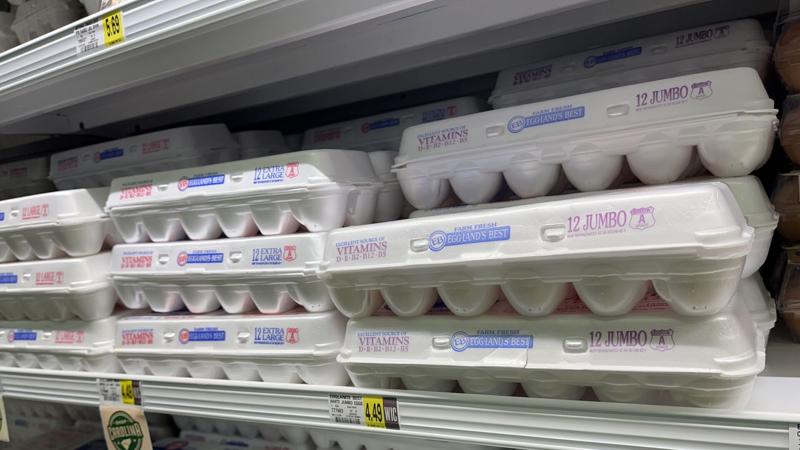Newly released inflation data shows a rise in producer prices this week.
The U.S. Bureau of Labor Statistics on Thursday released its Producer Price index, a key marker of inflation, which rose 0.4% in November.
The November increase is part of a 3% increase in the last year, which BLS pointed out is “the largest rise since moving up 4.7% for the 12 months ended February 2023.”
Much of the PPI was driven by a rise in food prices, most notably the cost of eggs.
“A quarter of the November rise in prices for final demand goods is attributable to a 54.6-percent jump in the index for chicken eggs,” BLS said. “Prices for fresh and dry vegetables, fresh fruits and melons, processed poultry, non-electronic cigarettes, and residential electric power also increased.”
The PPI data comes on the heels of the release earlier this week of the BLS’ Consumer Price Index, another marker of inflation picked up speed, rising 0.3% last month.
“The index for shelter rose 0.3% in November, accounting for nearly forty percent of the monthly all items increase,” BLS said. “The food index also increased over the month, rising 0.4% as the food at home index increased 0.5% and the food away from home index rose 0.3%. The energy index rose 0.2% over the month, after being unchanged in October.”
As The Center Square previously reported, consumer prices rose an average of 2.7%, but Some goods like as beef and pork chops which rose much more. In fact, beef and pork doubled the national average, rising over 5% in cost in the previous 12 months.
The prices of other goods rose faster than the average as well, part of a more than 20% price increase since President Joe Biden took office.
In the latest PPI, prices varied across various goods and services.
“Over one-third of the advance in prices for final demand services can be traced to margins for machinery and vehicle wholesaling, which increased 1.8%,” BLS said. “The indexes for securities brokerage, dealing, and investment advice; automotive fuels and lubricants retailing; food wholesaling; food and alcohol retailing; and apparel, footwear, and accessories retailing also rose. In contrast, prices for airline passenger services declined 2.1%. The indexes for guestroom rental and for computer hardware, software, and supplies retailing also decreased.”







